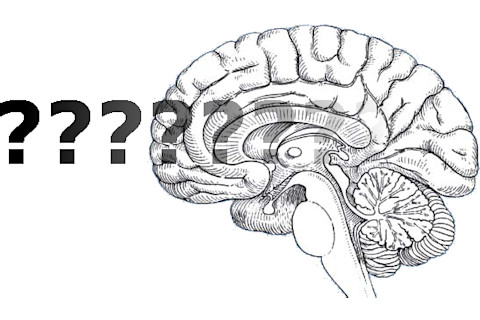Earlier this week, Jordan Anaya asked an interesting question on Twitter:
Why do we blame the media for reporting on bad studies but we don't blame scientists for citing bad studies?
— Omnes Res (@OmnesResNetwork) March 6, 2017
This got me thinking about what we might call the ethics of citation. Citation is a little-discussed subject in science. Certainly, there's plenty of talk about citations - about whether it is right
to judge papers by the number of citations they receive, whether journals should be ranked by their impact factor
(average number of citations per paper), and so on. But citation, the actual process of choosing which papers to cite when writing papers, has largely escaped scrutiny.

I think citation is an ethically meaningful process. Like it or not, citations are the currency of success in science. By citing a paper, we are not simply giving a helpful reference for the readers of the paper. We are giving the cited paper an accolade, and we are tangibly rewarding the authors for publishing it. To not cite a certain paper is, likewise, an act with consequences. So if we care about fairness and the just distribution of resources, we as publishing scientists should take citation seriously. What are the specific ethical problems of citation? Here are three that I think matter:
The tendency for authors to preferentially cite their friends, colleagues and acquaintances; we could loosely call this "nepotism". In any other scientific context, this kind of preferential treatment would be considered wrong or at least concerning: in the peer review context, for instance, many journals do not invite the authors' colleagues to review a given paper. But in citation, nepotism happens all the time. Should it?
Review papers. Authors like citing review paper because they offer a way to cite a single paper to support multiple statements. It's also easier to locate a recent review paper than to find the originals which might be quite old. This is why review papers are often highly cited. But is this fair? The review paper authors may not have contributed anything to the discoveries they summarized, yet they end up getting (some of) the credit for them.
Citing paperswe've never read. I'm guilty of this. In fact I confess that I've cited papers without even reading the abstracts: I just searched for a paper whose title suggests it supported the point I was making, and cited it. I think this is very common. But is that really how citations - the 'coins' of value in science - should be minted? By someone who knows absolutely nothing about the quality of the paper?













